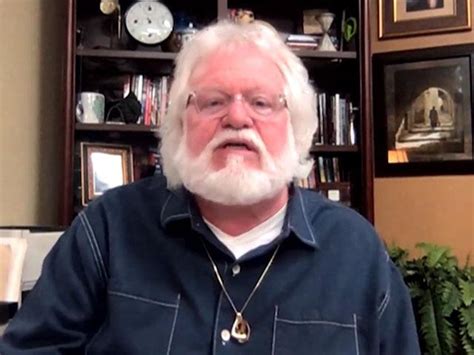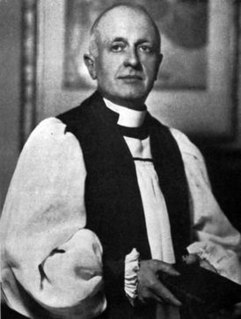A Quote by Chuck Pierce
Prayer is the key discipline whereby all spiritual work is done.
Quote Topics
Related Quotes
IN THE BEGINNING I undertook my walking not only to contact people, I undertook it as a prayer discipline to keep me concentrated on my prayer for peace... After the first few years the prayer discipline was completely unnecessary, because I had learned to pray without ceasing. I made the contact so thoroughly that into my prayer consciousness I put any condition or person in the world I am concerned about and the rest takes place automatically.
When I started out on my pilgrimage, I was using walking for two purposes at that time. One was to contact people, and I still use it for that purpose today. But the other was as a prayer discipline. To keep me concentrated on my prayer for peace. And after a few years I discovered something. I discovered that I no longer needed the prayer discipline. I pray without ceasing now. My personal prayer is: Make me an instrument through which only truth can speak.
Some people find the experience and practice of compassion as a spiritual discipline to be a more direct route to the transformation of the heart than prayer. It is not that prayer does not or should not play a role in their lives, but their way to the opening of the heart lies through deeds of compassion. "Just do it" summarizes this path of transformation.
Bibles read without prayer; sermons heard without prayer; marriages contracted without prayer; journeys undertaken without prayer; residences chosen without prayer; friendships formed without prayer; the daily act of prayer itself hurried over, or gone through without heart: these are the kind of downward steps by which many a Christian descends to a condition of spiritual palsy, or reaches the point where God allows them to have a tremendous fall.
The Prophet introduced a system of prayer in that it was interwoven into man's daily work: a prayer in the morning when he arose from his bed; a prayer at lunch time, as an indication that if his body needed a diet, so did his spirit; a prayer in the afternoon when he retired from his daily work; a prayer at sunset and a prayer when going to bed.































